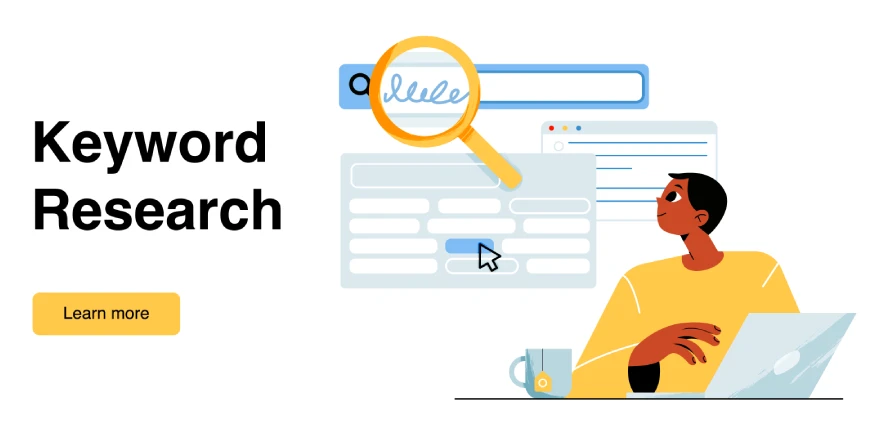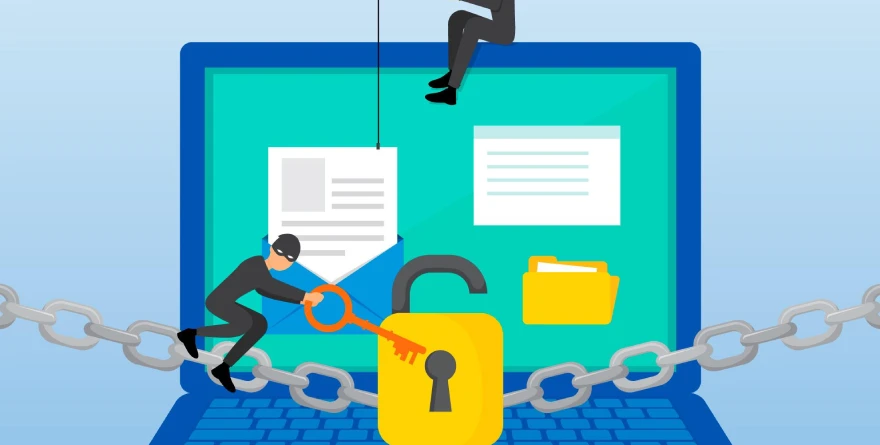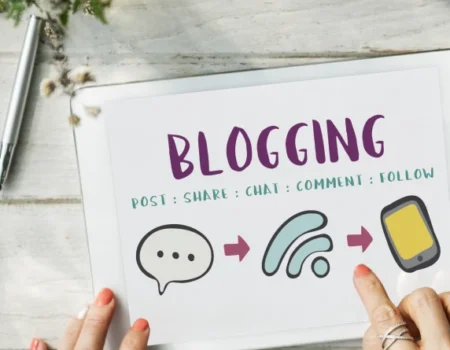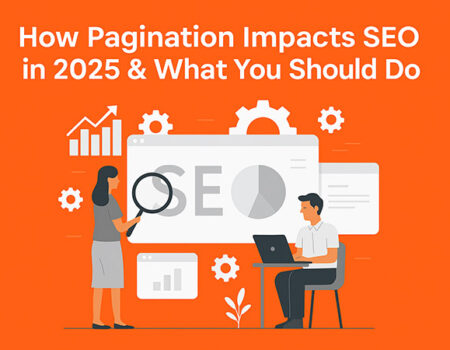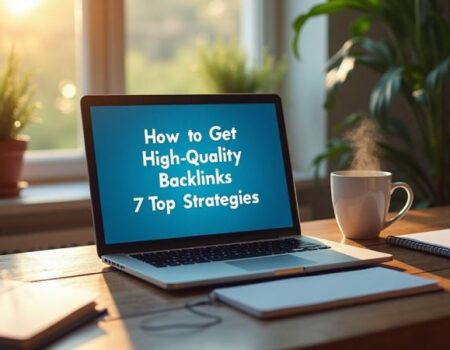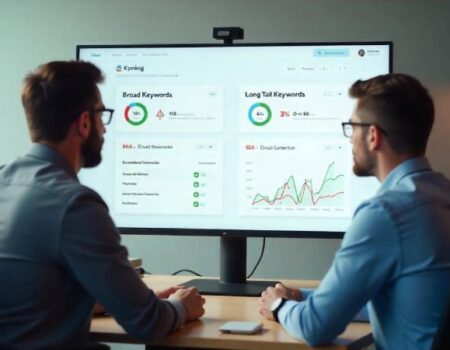Ecommerce Link Building: What Works and What Doesn’t Today
Ecommerce link building plays a crucial role in boosting online store visibility. Without quality backlinks, ranking high in search results becomes difficult. But gaining links for ecommerce websites can be tricky. Many site owners hesitate to link to product or category pages. That’s why ecommerce marketing requires smart strategies.
Some methods work well, while others fail or even harm rankings. In this guide, we’ll explore effective and ineffective link-building strategies for ecommerce websites. Let’s dive into what actually works and what should be avoided.
What Is Ecommerce Link Building?
Ecommerce link building is the process of acquiring links to online stores. These links improve search rankings and drive more traffic. Unlike other websites, ecommerce sites struggle to gain natural links. Most people won’t link to a standard product page. That’s why successful ecommerce link building requires creative methods. Linkable assets, digital PR, and brand monitoring can help. Internal linking also plays a role in distributing authority. With a strong link-building strategy, ecommerce businesses can rank higher and attract more customers.
What Works in Ecommerce Link Building?
Not all link-building strategies yield good results. Some methods stand out in effectiveness. The following approaches work best for ecommerce websites and help build high-quality links.
1. Digital PR Campaigns
Digital PR helps online stores earn high-authority backlinks. It involves creating newsworthy campaigns and pitching them to journalists. Brands can get coverage through innovative promotions, product launches, and social responsibility initiatives. For instance, collaborations with celebrities often generate media attention. Moreover, seasonal promotions aligned with major holidays work well. A compelling campaign can secure links from top media outlets. PR efforts also strengthen brand reputation and boost organic social media engagement. Overall, digital PR is a powerful tool in ecommerce link building.
2. Guides Targeting Informational Keywords
People search for information before making purchases. That’s why content targeting informational keywords is essential. Ecommerce sites should create ultimate guides, research reports, and helpful tools. These resources attract backlinks because they provide value. For example, a gardening store can publish a detailed guide on plant care. Similarly, an online clothing retailer can offer fashion trend reports. The key is to create content that other websites want to reference. Besides gaining links, this strategy improves organic social media engagement and increases site traffic.
3. Permanent Discount and Promotion Pages
Ecommerce businesses run seasonal sales every year. Instead of creating new pages, they should use permanent URLs. This approach preserves backlinks and maintains ranking strength. For example, a store can have a dedicated Black Friday page that updates annually. Similarly, brands offering student or military discounts should keep static pages. These pages earn links from deal websites, student forums, and money-saving blogs. Permanent promotion pages help capture recurring backlinks and improve overall ecommerce marketing strategies.
4. Unlinked Brand Mentions
Many websites mention brands without linking to them. Finding and converting these mentions into backlinks is an easy win. Tools like Google Alerts and Brand24 help identify unlinked brand mentions. Once found, reaching out to site owners with a polite request can turn them into valuable links. Established ecommerce brands benefit the most from this approach. It helps build link equity with minimal effort. Furthermore, this strategy complements other link-building tactics, enhancing overall visibility.
5. Broken Link Building
Broken link building involves finding dead links on competitor sites and replacing them with relevant pages. It’s a simple yet effective strategy. Using tools like Ahrefs and Semrush, businesses can identify broken links pointing to competitors. Then, they can offer their own pages as replacements. This technique works well because webmasters prefer fixing broken links instead of removing them. Moreover, it strengthens link profiles and boosts search rankings over time.
What’s Not Working in Ecommerce Link Building?
Certain link-building tactics may seem promising but can actually harm rankings. Avoiding these ineffective methods is crucial for long-term success.
1. Paid Links & Undisclosed Paid Reviews
Buying links is against Google’s guidelines and can result in penalties. Many ecommerce sites purchase backlinks, but this approach is risky. Instead of spending money on paid links, investing in PR and content marketing is a smarter choice. Similarly, paying for product reviews without disclosure violates search engine policies. Google requires sponsored reviews to include a nofollow link. Ignoring these rules can lead to ranking drops and loss of credibility.
2. Homepage 301 Redirects
When ecommerce stores discontinue products, they often redirect old pages to the homepage. This is a mistake. Google treats such redirects as soft 404 errors, reducing link value. Instead, businesses should redirect old pages to similar products or relevant categories. If no relevant page exists, a well-optimized 404 page is a better option. Proper redirects help maintain link equity and improve user experience.
3. Excessive Press Releases
Press releases are useful but should not be overused. Some ecommerce brands issue press releases for every minor update. This practice wastes resources and rarely gains quality backlinks. Instead, focusing on well-planned digital PR campaigns is more effective. Only newsworthy stories should be pitched to journalists. Excessive press releases dilute impact and fail to generate meaningful links.
4. Gimmicky Promotions
Unrealistic discounts and misleading promotions fail to gain trust. Customers and media outlets see through such tactics. For example, exaggerated “once-in-a-lifetime” deals often backfire. Transparency is key in ecommerce marketing. Instead of gimmicks, businesses should offer genuine value. Thoughtful promotions and creative campaigns are far more effective for earning links and customer loyalty.
5. Attention-Seeking PR
Some brands launch controversial campaigns just to gain attention. While this might generate temporary buzz, it can damage reputation. For instance, if a brand promotes inclusivity but lacks diverse product offerings, backlash is inevitable. PR efforts should align with brand values and be authentic. Negative publicity can lead to lost trust, affecting long-term success. A strategic, thoughtful approach to PR is always better.
Why Quality Beats Quantity in Link Building
In ecommerce link building, quality matters more than quantity. A few high-authority backlinks are more valuable than hundreds of low-quality ones. Spammy link-building tactics can lead to penalties and ranking losses. Instead, businesses should focus on earning natural, editorial links. Digital PR, content marketing, and ethical link-building strategies work best. Additionally, maintaining an internal linking structure distributes link equity effectively. A thoughtful, quality-focused strategy leads to better search rankings and sustainable growth.
Partner with our Digital Marketing Agency
Ask Engage Coders to create a comprehensive and inclusive digital marketing plan that takes your business to new heights.
Contact Us
Conclusion
Ecommerce link building is essential for online success. However, not all methods yield positive results. Digital PR, informational content, discount pages, brand monitoring, and broken link building work best. On the other hand, paid links, excessive press releases, and gimmicky promotions should be avoided. Quality always beats quantity in link building. A well-planned strategy ensures higher rankings and long-term success. By focusing on ethical and effective link-building techniques, ecommerce businesses can thrive in a competitive landscape.
Drive More Traffic & Sales with Engage Coders! Partner with our expert team to elevate your brand, boost rankings, and maximize your RO.
Get in Touch Today!

